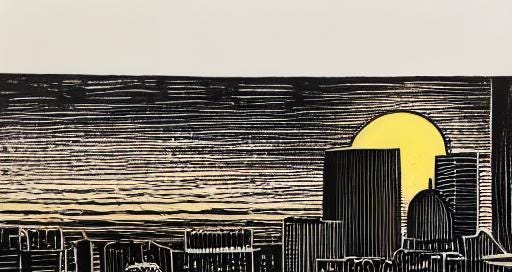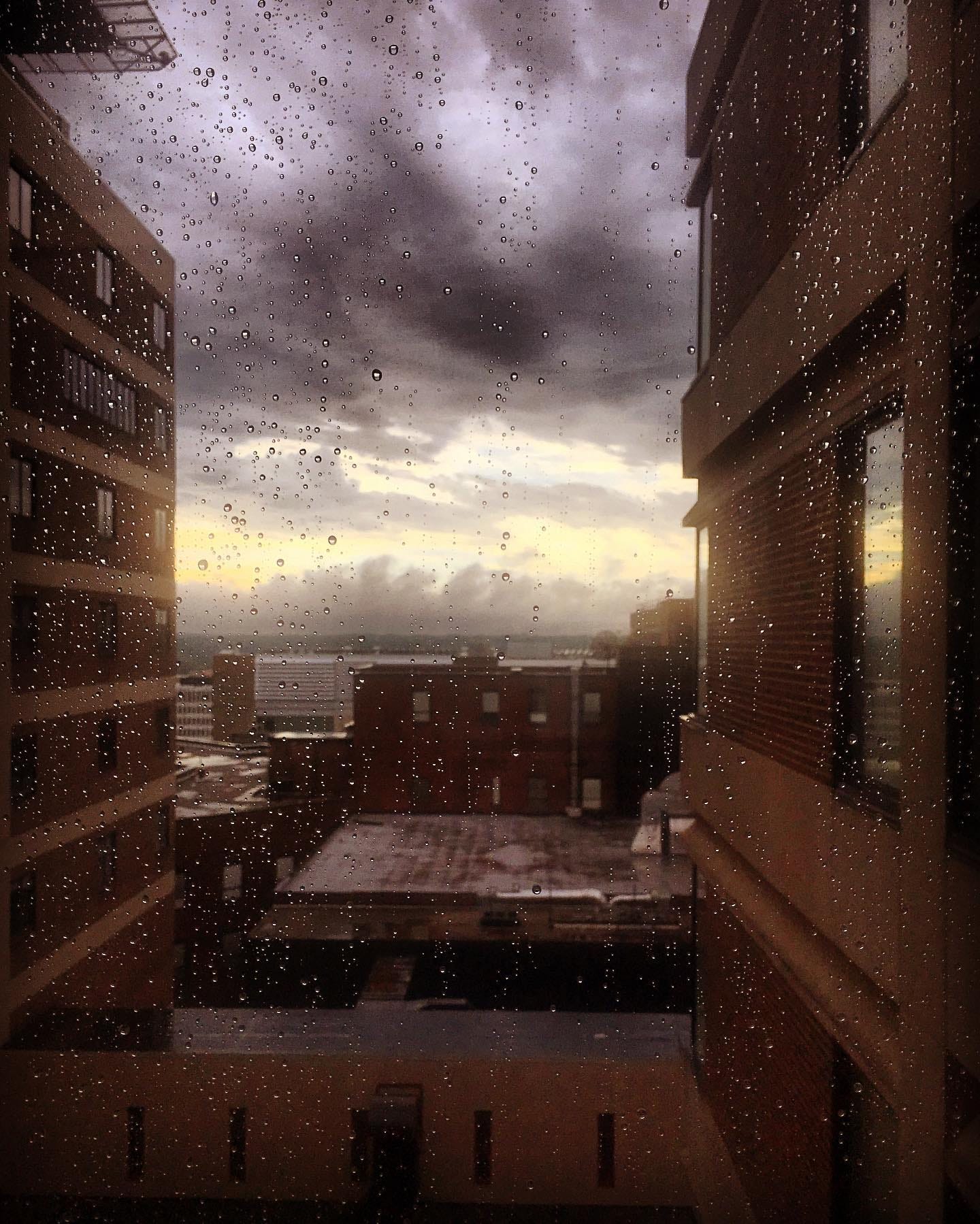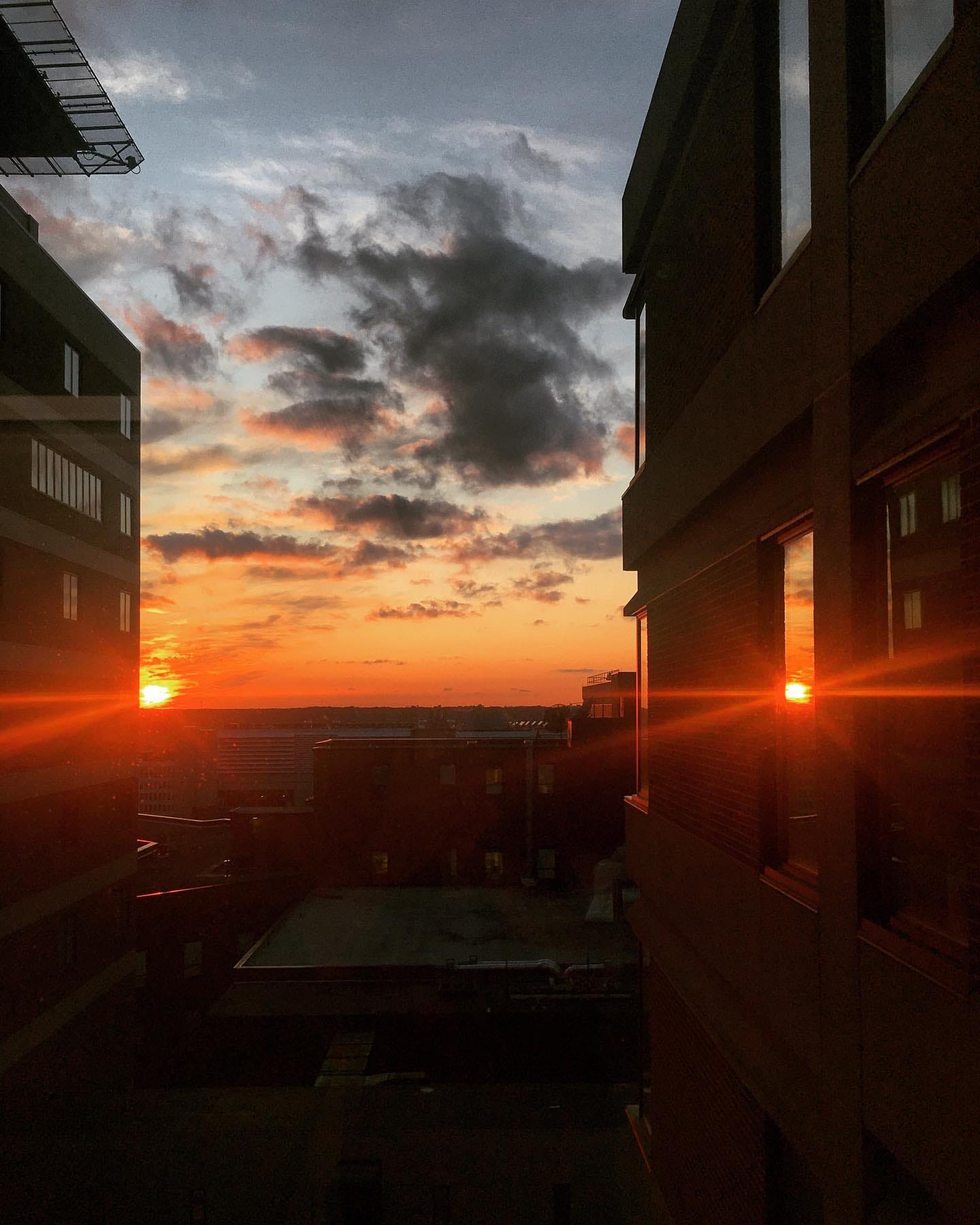About five years ago I worked on a wing of a hospital that was populated with congestive heart failure patients. Some days were demoralizing and sad, while most I simply felt defeated. I would walk in every morning, grab a Snickers bar and a coffee from the cafe, take the elevator up to the 6th floor, and start my routine. I would find a computer; usually the one at the very end of the wing, in the shadows—I wasn’t a morning person. I started charting and transcribing the information from the screen to a sheet of paper. When I worked in inpatient care, with death and disease all around, I needed humor, and if I couldn’t find it, I had to create it. A few hours into the day, with our papers before us, a coworker and I were crossing things off, recording, and using medical abbreviations to track what we had done throughout the morning. She complained about one of her patients and how we weren’t getting paid enough. She asked me, “Why do you like working here?” I replied, “Because I like to keep myself in debt. It’s the best kind of feeling.” She laughed, and I felt better. I needed to feel the satisfaction of hearing a laugh.
To deal with the daily routines of code blues, walking dependent patients to the bathroom, and tracking input and output there was something else I would do beyond just hearing a laugh, and that was through contemplation. This wasn’t an easy thing to come by. Reflection comes, most commonly, through what we witness in nature. But with four walls and insufficient windows, picturesque landscapes were hard to come by. But every so often, if I honestly looked for it, I could find it.
It was the end of the workday, and I had just clocked out when something caught my eye. I was about to get on an elevator, and there was a window that was opposite it. I looked out before I got in and continued looking as the elevator doors closed behind me. It was a view of a sunset; the view was between two nine-story wings of the hospital. A light shower had just fallen and the droplets were still lying across the glass.
I took a picture:
As my time progressed on the 6th floor, I continued to take pictures, at that very spot, until the day I left. It became a little perk to my job, a perk I had to create. When I give my full attention to something that holds just an emotion, like a sunset, it is immense, and it is beyond me. It was a little IV drip that cured my thoughts after a long and discouraging day—this was the transitory nature of life, and I witnessed it.
Simone Weil was a political activist, but an activist in the purest form. She desired to live as those, whom she thought, were less fortunate than herself. When she was 24 she wanted to recognize the working class, so she quit her job as a teacher at a university and labored in a car factory for over a year, even though she had a rare neuropathy that gave her frequent headaches. She was an advocate for nonviolence but despite that, she volunteered in the Spanish Civil War to assist in rescuing a political prisoner. As she lay dying of tuberculosis, she went against doctors’ orders and refused to eat more than the rations that the people of her country did in Nazi-occupied France, which resulted in her death. This is sainthood, something I’ll never aspire to. She gave all of her attention to the people around her.
In Simone Weil’s book, Gravity and Grace, she tells us:
Attention, taken to its highest degree, is the same thing as prayer. It presupposes faith and love.
Absolutely unmixed attention is prayer.
If we turn our mind toward the good, it is impossible that little by little the whole soul will not be attracted […] in spite of itself.
When I give my attention to a sunset, I believe I am very nearly approaching sainthood. Sunsets are the great equalizer—we’re all the same when nature grabs our attention; we believe in the warmth that is created by them. There are days when life becomes so frustrating and rigid, nothing works out the way I envisioned it, and the world around me is in complete chaos. At that moment, I cannot pause, and relax. But on those days, I can always tell myself, look at that sunset.








This was a wonderful read. Thank you.